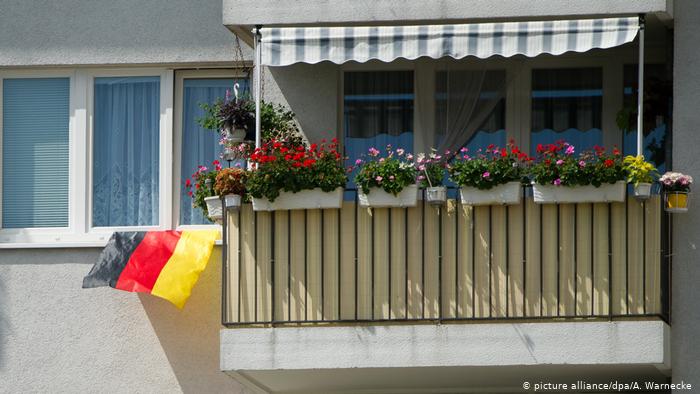Germany is home to a very strong welfare state, which means there are ideas and policies in place that protect citizens from financial risks and burdens that could lead to the loss of homes, people jeopardizing their health, and other risks that come with unexpected expenses.
Germany’s welfare systems are some of the most comprehensive in the world. In fact, Germany spent roughly 25% of their gross domestic product (GDP) in 2018 on public social spending. 25% of their GDP is around 996 billion euros. That’s over a trillion US dollars.
In Germany, state health insurance, retirement pension, accident insurance, nursing care, and unemployment insurance protect citizens against the consequences of existential risks and threats.
Moreover, the social network encompasses a basic income for retirees and those permanently unable to work, as well as fiscal benefits such as the family allowance system (child benefits and tax advantages for having multiple children).
Families receive 204 euros monthly for the first and second child, 210 euros for the third, and 235 euros for each additional child.
At the end of 2019, Germany guaranteed all unemployed citizens the right to 300 euros (around $330) per month for as long as they need it. This new policy reminds a lot of people of universal basic income (universelles Grundeinkommen)
Money for nothing? Since March 2019, an experiment has been taking place across Germany. 250 randomly-selected recipients of Hartz IV, the bottom rate "safety net". German welfare payment, have begun to receive their monthly €416 without any conditions attached.
Hartz IV recipients have certain obligations to meet. For example, they need to keep appointments at the job center or to show evidence that they are looking for work. Failure to meet these conditions might result in their benefits being cut via "sanctions."
For the next three years, the activist organization Sanktionsfrei ("Sanctions-Free") will automatically reimburse any sanctions imposed on the 250 test recipients. Effectively, they will be guaranteed a basic income of €416 every month.
Most Germans rent as opposed to buying their homes. In fact, Germany’s homeownership rate is among the lowest in the developed world as of 2004. It’s important to note that 2004 is the last time the OECD (Organisation for Economic Co-operation and Development) updated its numbers. The OECD is an intergovernmental economic organization with 37 member countries that was founded in 1961 to stimulate economic progress and world trade.
Image taken from qz.com.
As of 2013, only 43% of Germans owned their homes, compared to 65% of Americans and 80% of Spaniards! The tale of Germans and rentals goes back to the end of the Second World War.
By the end of 1945, 20% of all available homes in Germany were completely destroyed as a result of the bombing. This number was as high as 2.25 million at the time and another 2 million were damaged to the point where they were uninhabitable.
The housing market wasn’t the only thing that was destroyed. The currency at the time, the Deutsche Mark, was virtually worthless. If Germans were going to live somewhere, they were going to need help from their government. As a result, Germany designed its housing policy to benefit as many people as possible to help reduce the stress of housing while trying to put their lives (and country) back together. Since so few people had the money banks required for a down payment, the majority of people in their late 40s and early 50s had to resort to renting.
Today, rent in Germany remains relatively low compared to other European countries, and the reason is very political. German law allows state governments to cap rent increases at no more than 15% over a three-year period, and because so many voters in Germany rent, there are a lot of people fighting for these policies. Another reason why Germans are more likely to rent is that the government simply doesn’t encourage homeownership. Germany doesn’t let homeowners deduct mortgage interest payments from their taxes. There is no tax benefit to owning your own home in Germany like there is in the US.
Finally, Germans like the way their system works. According to the OECD, 93% of Germans say they’re satisfied with their current housing situation.
Image taken from dw.com.


